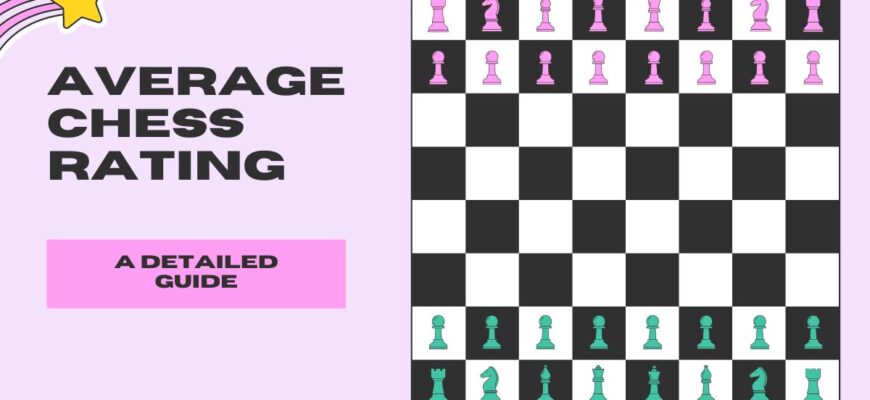In a move that could redefine the landscape of competitive chess, FIDE is piloting a “Fast Classic” format, bringing standard rating implications to tournaments with significantly shorter time controls. Is this the future of the royal game, adapting to the pace of modern life?
The Unyielding Clock vs. Timeless Strategy
For centuries, classical chess has been synonymous with deep thought, meticulous planning, and the luxury of time. A typical classical game could stretch for hours, demanding immense stamina and unwavering concentration from players. This revered format, with its long time controls, has always been the gold standard for FIDE ratings, signifying a player`s true strength without the pressure of a ticking blitz clock. Yet, as the world accelerates, so too does the demand for quicker engagement. Spectators often find multi-hour stalemates less thrilling, and even dedicated players struggle to commit the extensive blocks of time required for traditional classical tournaments.
Enter the “Fast Classic” – a concept that, at first glance, seems delightfully contradictory. “Fast” and “classic” together? It`s like ordering a “quick, leisurely stroll.” Nevertheless, FIDE, ever the guardian of chess tradition yet conscious of its evolving appeal, is embarking on a pilot project designed to bridge this very gap.
Defining the New Standard: 45 Minutes Plus an Increment
Under the existing FIDE regulations, a game needs substantial time on the clock to qualify for a standard rating. We`re talking 60 to 120 minutes per player, often with increments, depending on the players` ratings and the assumed length of the game. These requirements ensure that players have ample opportunity to delve into complex positions, minimizing the impact of time pressure on strategic decisions.
The “Fast Classic” proposal shakes things up considerably. FIDE has approved a time control of 45 minutes per player, with a 30-second increment from move one. This means a game, while still substantial, is considerably shorter than what typically qualifies for a standard rating. It`s a sweet spot, perhaps – long enough for genuine strategic depth, but short enough to fit two rounds comfortably into a single day, or even a lunch break for the truly ambitious (and quick-witted). The implication? Games played under these conditions will now contribute to a player`s standard FIDE rating, blurring the lines between the hallowed classical format and its speedier cousins.
Why Now? The Modern Demand for Efficiency
The impetus for this change isn`t purely academic; it`s a response to a tangible demand from the global chess community. Players and organizers alike have voiced a growing desire for formats that are serious and competitive, but align better with modern schedules. The idea was notably championed by Oleg Skvortsov, a prominent chess patron and organizer, who envisioned events where rounds conclude within 2-3 hours. This makes multi-round tournaments more feasible for venues, more appealing for participants with limited availability, and potentially more digestible for live audiences.
It`s a testament to the idea that even in a game as ancient as chess, innovation is necessary for sustained relevance. While some purists might raise an eyebrow, the reality is that making chess more accessible often means making it more efficient without stripping away its core intellectual challenge.
The Pilot: Testing the Waters, Not Awarding Titles (Yet)
FIDE isn`t diving headfirst into uncharted territory. This is, crucially, a pilot project. Three specific tournaments have been selected to test the “Fast Classic” format:
- The Qatar Cup (September 7–13)
- The QCA Training Center September Tournament Classical (September 25–27)
- The Women`s World Team Championship (November 17–24)
These events will operate under standard rating rules, but with a significant caveat: no title norms will be awarded. This distinction is vital. It acknowledges the experimental nature of the format while preserving the prestige and rigorous requirements associated with achieving Grandmaster or International Master titles through traditional classical play. Organizers are also limited to scheduling no more than two rounds per day, ensuring player welfare and preventing potential burnout from too much “fast classic” chess.
The Future of Chess: Faster, Broader, Just as Deep?
The implications of a successful “Fast Classic” pilot are considerable. Imagine more regional tournaments, less logistical overhead, and potentially a broader pool of participants who can now commit to standard-rated events without dedicating entire weekends or weeks. It could make the path to a FIDE rating more accessible for ambitious amateurs and semi-professionals, invigorating local chess scenes worldwide.
Of course, the big question remains: will the quality of play suffer? While 45 minutes with an increment is far from blitz, the reduced thinking time will undoubtedly challenge players to be more decisive and rely on ingrained patterns rather than extensive calculation. Will this lead to more exciting, dynamic games, or an increase in unforced errors that detract from the “classic” feel?
FIDE recognizes the gravity of this decision. Post-pilot, a thorough analysis of outcomes and participant feedback will guide any further implementation. This isn`t just about tweaking a rule; it`s about delicately balancing tradition with progress, ensuring the royal game remains captivating for generations to come, even if it has to speed up a little.
As the chess world watches these pilot tournaments unfold, the “Fast Classic” stands as a testament to chess`s adaptability. It`s a cautious but bold experiment, an acknowledgment that sometimes, even timeless games need to keep an eye on the clock.







